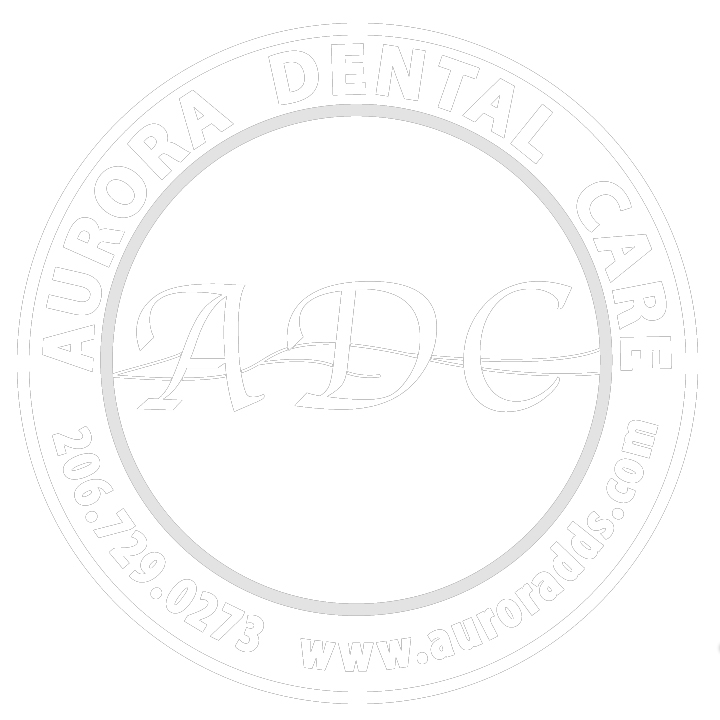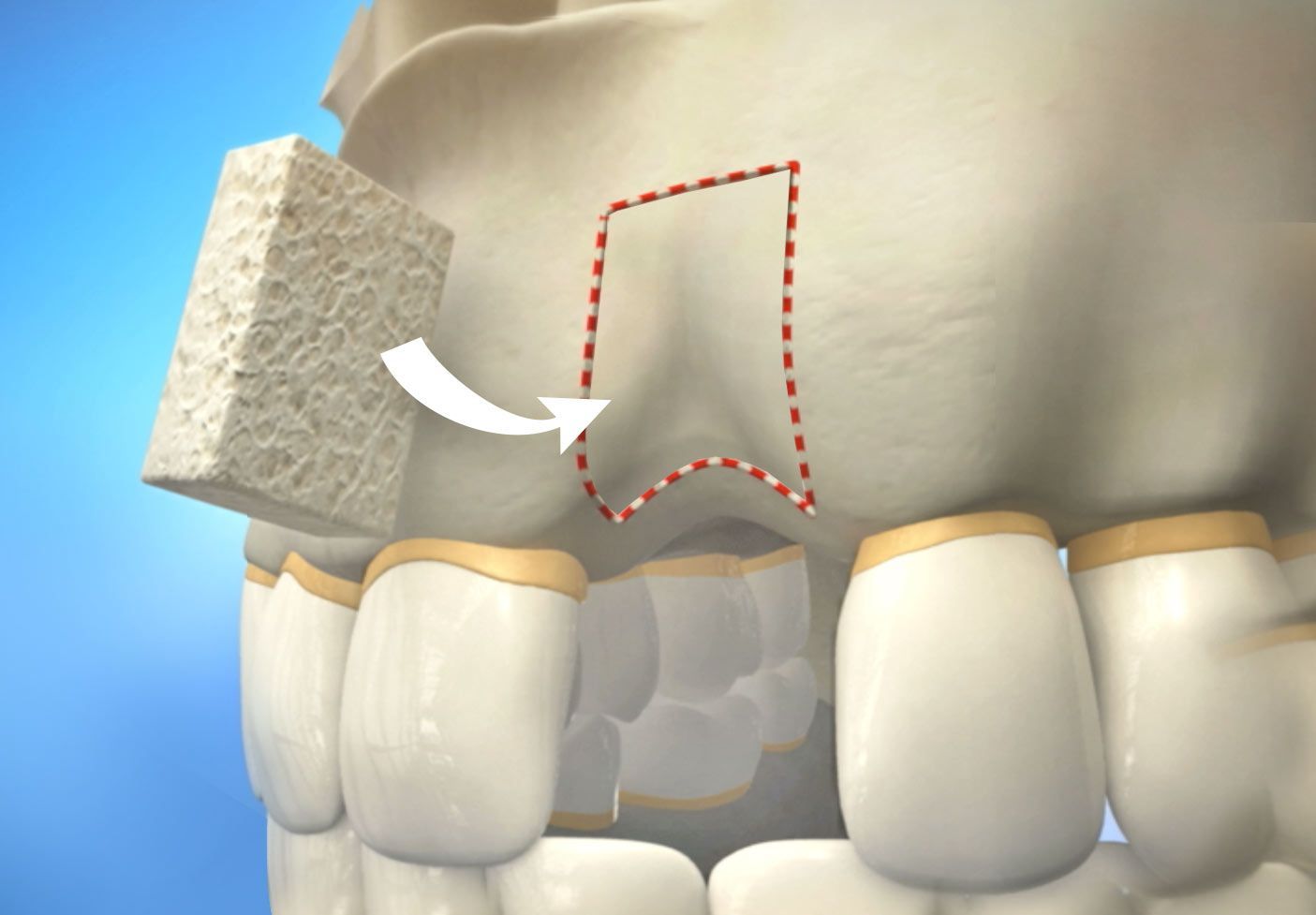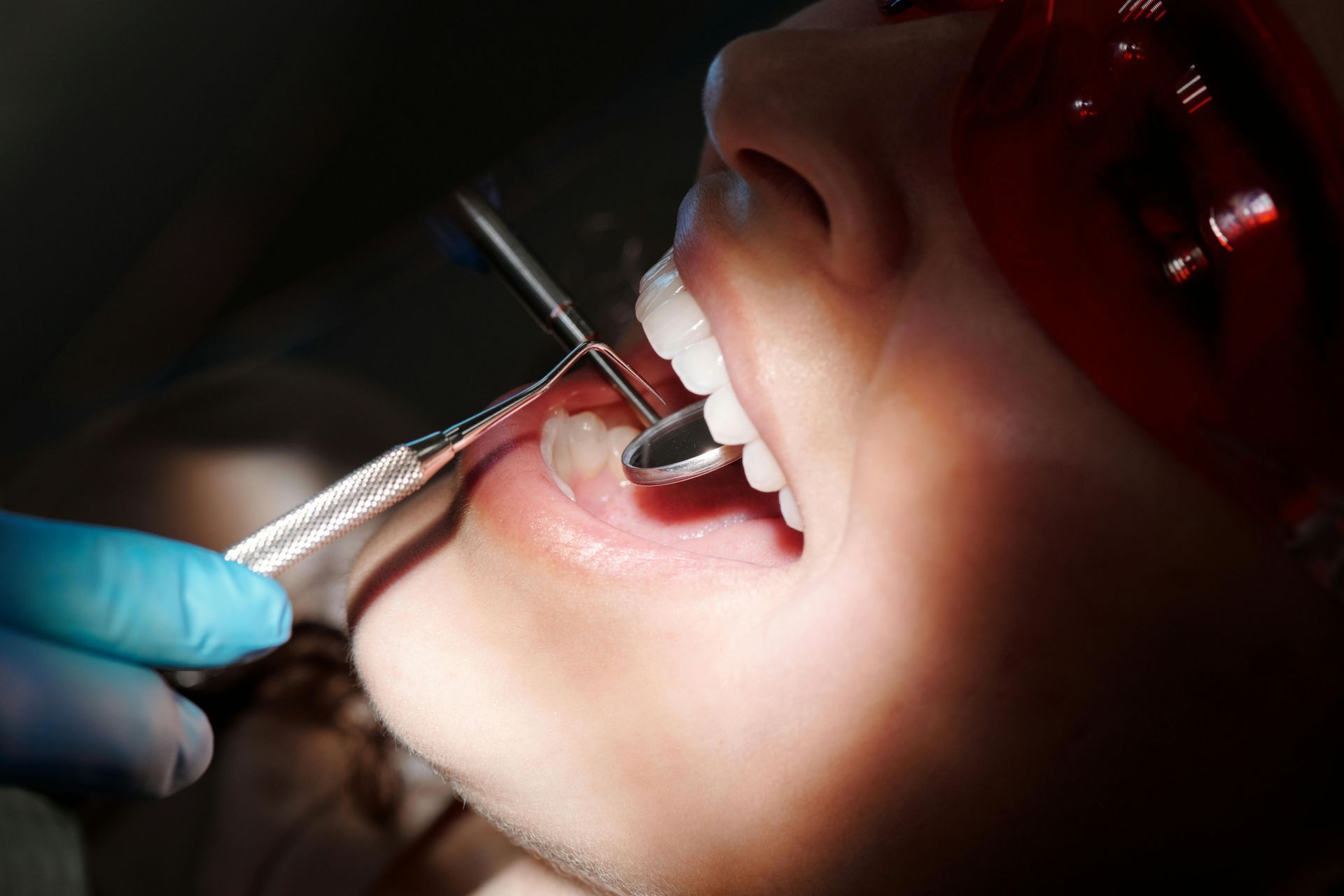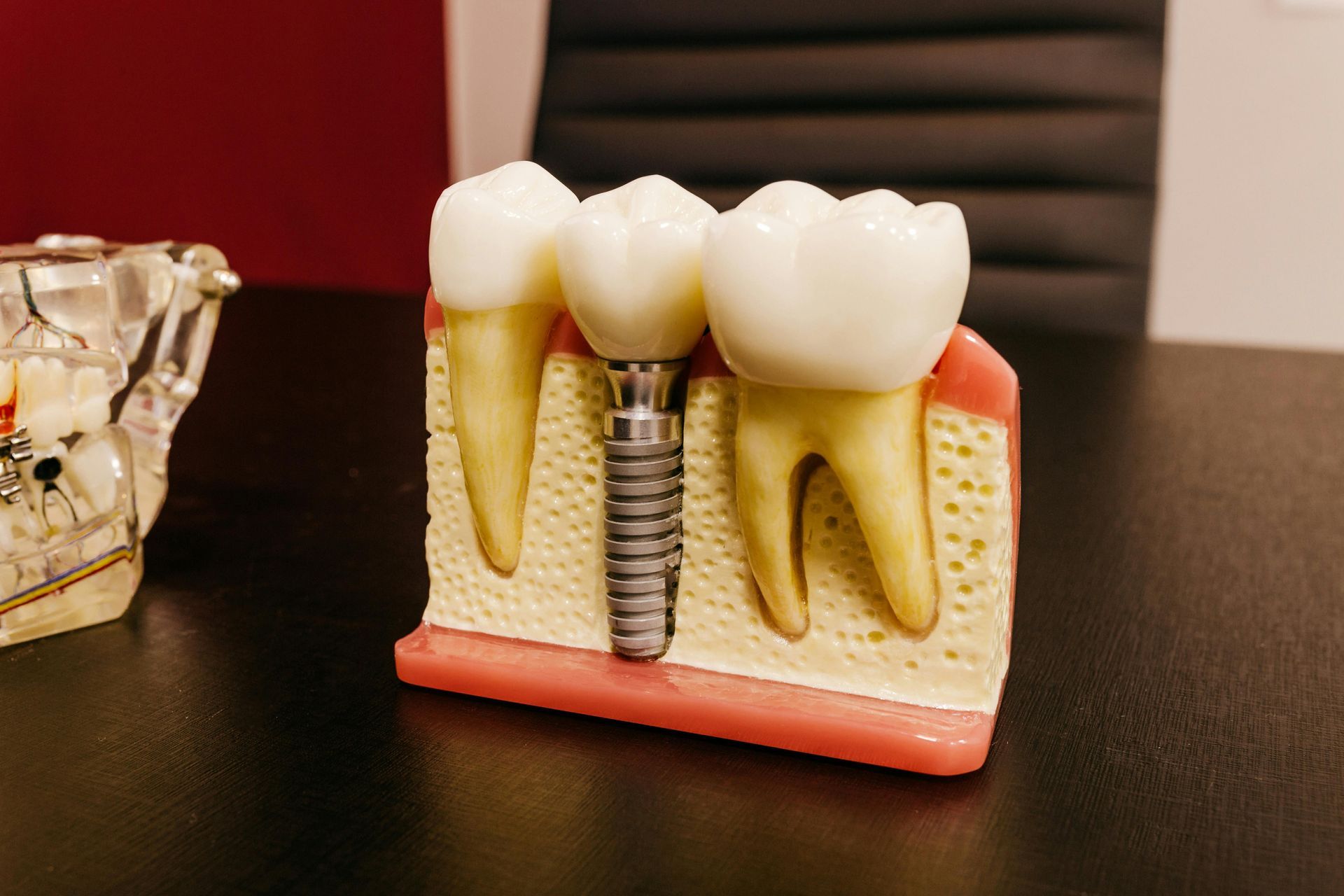Understanding Pain Near Wisdom Teeth: Causes
Pain near wisdom teeth is a common issue many face. These third molars often emerge between ages 17 and 25.When they do, discomfort can follow. This pain can stem from various causes, including impaction and infection. Understanding these causes is crucial for effective treatment. It helps in deciding whether extraction is necessary. In Seattle, Aurora Dental Care offers expert advice and solutions. They provide relief options tailored to individual needs.
This article explores the causes of wisdom teeth pain. It also discusses treatment and prevention strategies.
What Are Wisdom Teeth?
Wisdom teeth are the last set of molars to emerge. They typically appear during late teens or early twenties. Known as third molars, they can be valuable if healthy. However, problems often arise due to limited space in the mouth.
Problems with wisdom teeth include:
- Pain and swelling
- Misalignment with other teeth
- Eruption at odd angles
These issues can lead to discomfort and require dental attention. Regular check-ups can help manage potential complications.
Common Causes of Pain Near Wisdom Teeth
Pain near wisdom teeth can stem from several issues. Most commonly, it is due to impaction or infection. Impacted teeth are those that don't fully emerge. They may grow at an angle or remain trapped under the gums. Infection often accompanies partially erupted teeth. This leads to inflammation, known as pericoronitis.
Some causes of wisdom teeth pain include:
- Impacted teeth
- Infection around the teeth
- Gum disease or decay
These conditions can lead to significant discomfort. Addressing these causes can help alleviate pain.
Impacted Wisdom Teeth
When wisdom teeth fail to emerge properly, they become impacted. This happens when there isn’t enough room in the jaw. Impacted teeth may push against other teeth. This can cause misalignment and significant pain. If left untreated, the situation can worsen. Impaction might lead to further dental complications over time. Monitoring by a dentist is crucial.
Infection and Pericoronitis
Infection around wisdom teeth is another pain trigger. Often, pericoronitis results when bacteria accumulate. Partially erupted teeth trap food and debris. This leads to an environment where bacteria thrive. Symptoms include swelling and gum inflammation. Pericoronitis demands prompt care to avoid serious complications. Treatment often involves cleaning and antibiotics.
Gum Disease and Tooth Decay
Gum disease can develop around poorly cleaned wisdom teeth. It leads to pain and potential tooth loss. Decay may also occur due to trapped food. Regular dental hygiene can prevent these issues.
Common signs to watch for:
- Red or bleeding gums
- Persistent bad breath
- Visible tooth decay
Early intervention helps mitigate these problems, preserving dental health.
Symptoms to Watch For
Identifying symptoms early can prevent complications. Wisdom teeth pain often presents with distinct signs. Recognizing these can lead to timely intervention.
Symptoms to be aware of include:
- Swelling and redness around the gums
- Difficulty opening the mouth fully
- A persistent bad taste or smell in the mouth
Monitoring these symptoms helps determine when dental attention is necessary. Early detection can facilitate easier treatment and recovery.
When to See a Dentist in Seattle
Persistent pain near your wisdom teeth is a sign to consult a dentist. Don't wait for symptoms to worsen. Ignoring them might lead to severe complications.
Consider visiting a dentist if you experience:
- Constant or severe pain
- Fever accompanying dental discomfort
- Swelling that doesn't subside
Finding a professional in Seattle can ensure you receive the right treatment. Dental issues caught early are often easier to manage.
Treatment Options for Wisdom Teeth Pain
Several approaches exist to alleviate pain near wisdom teeth. Understanding these can guide you to the best option. Consulting a dentist is crucial for determining the most appropriate treatment.
Common options include:
- Over-the-counter pain relief: Non-prescription medications can ease discomfort.
- Antibiotics: These address infections around the wisdom teeth.
- Professional dental care: Dentists can offer personalized treatment plans.
It's essential to address pain promptly. Ignoring symptoms can lead to more severe dental issues later on.
Home Remedies for Toothache Relief
Home remedies can provide temporary relief for wisdom teeth pain. They are easy to implement and can soothe discomfort. While not a replacement for professional care, they can help manage pain until you see a dentist.
Some effective home remedies include:
- Saltwater rinse: Reduces inflammation and cleans the area.
- Cold compress: Decreases swelling and numbs painful regions.
These simple methods can be quite useful in managing pain.
Wisdom Teeth Extraction: What to Expect
Extraction is a common solution for wisdom teeth pain. Understanding the process helps ease any anxieties you might have. Depending on the complexity, it can involve local or general anesthesia.
What to anticipate during and after extraction:
- Pre-extraction assessments: Dental X-rays help evaluate teeth positions.
- Procedure duration: Typically takes less than an hour.
- Recovery period: Involves swelling and some discomfort, managed with medication.
Understanding the procedure aids in preparing for a smooth and successful recovery.
Preventing Wisdom Teeth Problems
Preventative measures are critical in avoiding wisdom teeth issues. Regular dental check-ups help monitor their development and catch potential problems early.
Here are some ways to prevent complications:
Maintain oral hygiene: Brush and floss daily.- Routine dental visits: Schedule them every six months.
- Monitor teeth alignment: Regular check-ups can detect shifts or impaction signs.
Proactive care can significantly reduce the risk of needing extraction or experiencing severe pain.
Why Choose Aurora Dental Care in Seattle?
Aurora Dental Care provides expert advice and treatments tailored to individual needs. Their professional team is committed to ensuring patient comfort and relief. Choosing them guarantees a personalized approach to managing wisdom teeth pain. Their reputation in Seattle speaks for itself.
Conclusion
Pain near wisdom teeth should not be ignored. Prompt evaluation and treatment can prevent serious dental issues. Always consult a professional for effective toothache relief and care.






